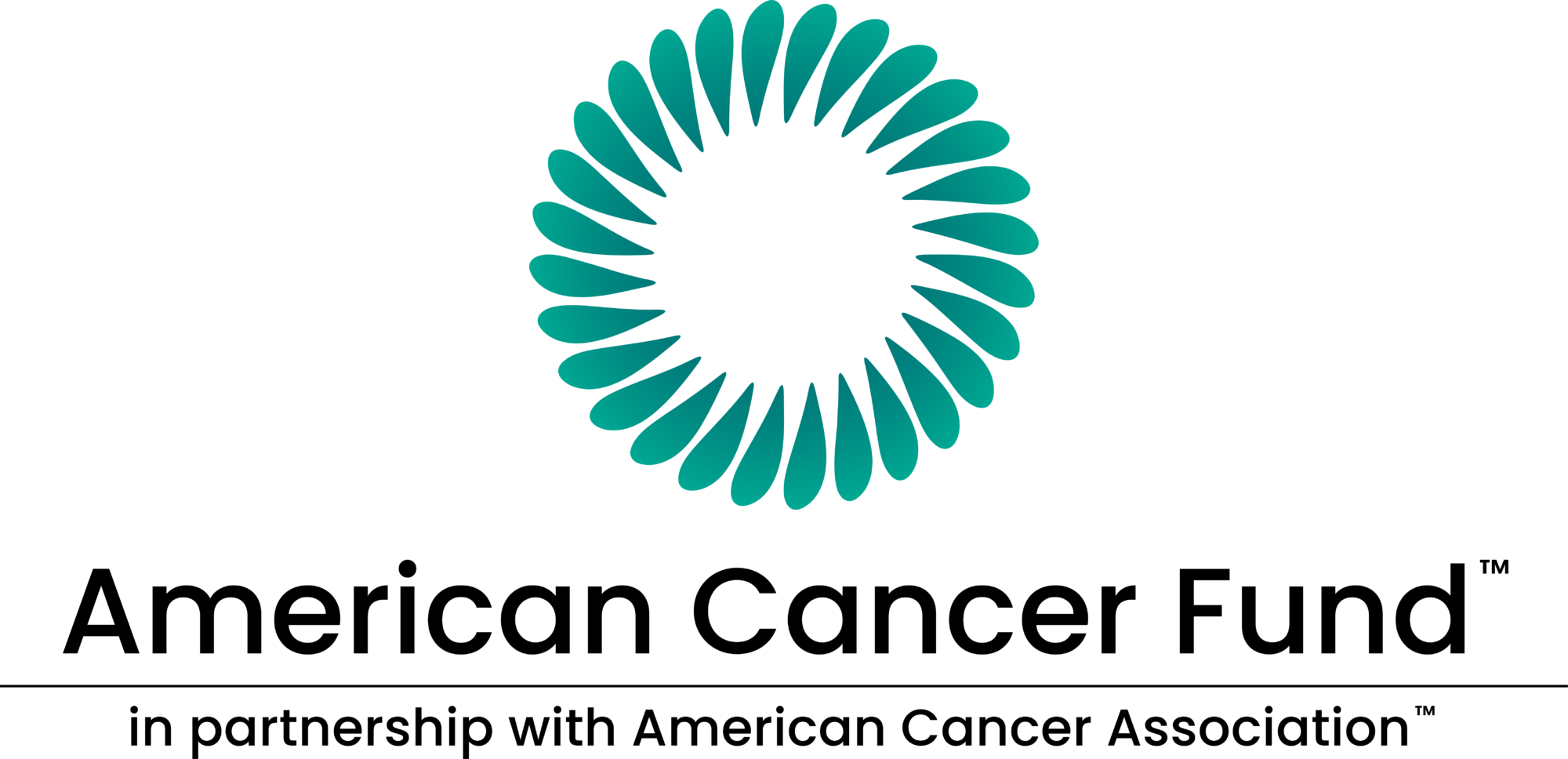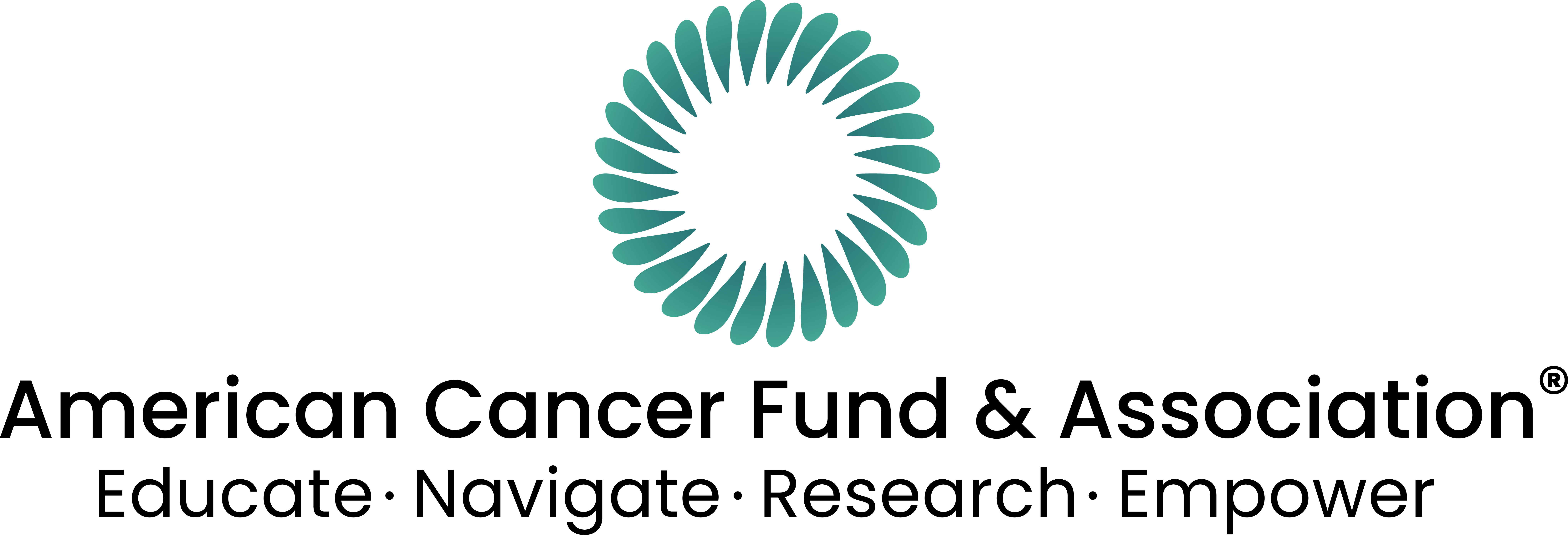Cancer. A formidable adversary that has touched countless lives. Yet, in our ongoing battle against this disease, we possess a potent weapon: cancer screenings. The importance of cancer screenings shouldn't be overlooked. These vital tests serve as our frontline defense, offering hope and the potential for early intervention.
What Are Cancer Screenings?
Cancer screenings are medical tests designed to detect cancer before symptoms appear. These tests can find cancer at its earliest stages, often before it has had a chance to spread. But why is this so important?
Let's consider Sarah's story. Sarah, a 42-year-old teacher, had no family history of breast cancer and felt perfectly healthy. However, during her routine mammogram, a small abnormality was detected. Further tests revealed early-stage breast cancer. Thanks to this early detection, Sarah's treatment was less invasive, and her prognosis was excellent. Today, five years later, Sarah is cancer-free and an advocate for regular screenings.
The Most Common Cancer Screenings
Several types of cancer screenings are widely recommended:
- Mammograms: X-ray examinations of the breast to detect breast cancer.
- Pap Smears and HPV Tests: Screenings for cervical cancer.
- Colonoscopies: Examinations of the colon to detect colorectal cancer.
- PSA Tests: Blood tests that can help detect prostate cancer.
Stay Ahead of Your Health!
Learn when and how often you should get screened. Remember, early detection can make all the difference.
Why Are These Screenings So Important?
The importance of these screenings cannot be overstated. They are our best bet for catching cancer early when it's most treatable. Let's look at some compelling statistics:
- Mammograms have contributed to a 40% reduction in breast cancer mortality among women aged 50 to 69.
- Since the introduction of Pap smears, there has been a 50% decrease in cervical cancer rates in the United States.
- Colonoscopies and fecal occult blood tests are associated with a 68% reduction in colorectal cancer mortality.
These numbers aren't just statistics - they represent lives saved, families kept whole, and futures preserved.
The Critical Role of Early Detection
When it comes to cancer, timing is everything. Early detection often means:
- More treatment options
- Less invasive treatments
- Better chances of survival
For instance, the survival rate for localized breast cancer (detected early) is about 99%, compared to a 27% survival rate for cancer that has spread to distant parts of the body. These numbers underscore the life-saving potential of regular screenings.
Overcoming Barriers to Screening
Despite the clear benefits, many people avoid cancer screenings. Common reasons include fear, discomfort, or simply not making time. However, consider John's experience. At 55, John had been putting off his colonoscopy for years, dreading the preparation and procedure. When he finally went through with it, doctors found and removed several precancerous polyps. John realized that a day of discomfort was a small price to pay for potentially saving his life.
Taking Action
Now that you understand the importance of cancer screenings, what's your next step? Here are some actions you can take:
- Talk to your healthcare provider about which screenings are appropriate for you based on age, gender, and risk factors.
- Schedule any overdue screenings.
- Encourage your loved ones to get screened regularly.
- Stay informed about new developments in cancer screening.
Remember, knowledge is power, and early detection can be lifesaving. Don't wait for symptoms to appear - take control of your health today.
At the American Cancer Fund, we're committed to supporting your journey to better health. For more information about cancer screenings or to learn how you can support our mission, click here.
Together, we can envision a future beyond cancer. Join us in the fight - because early detection saves lives.

